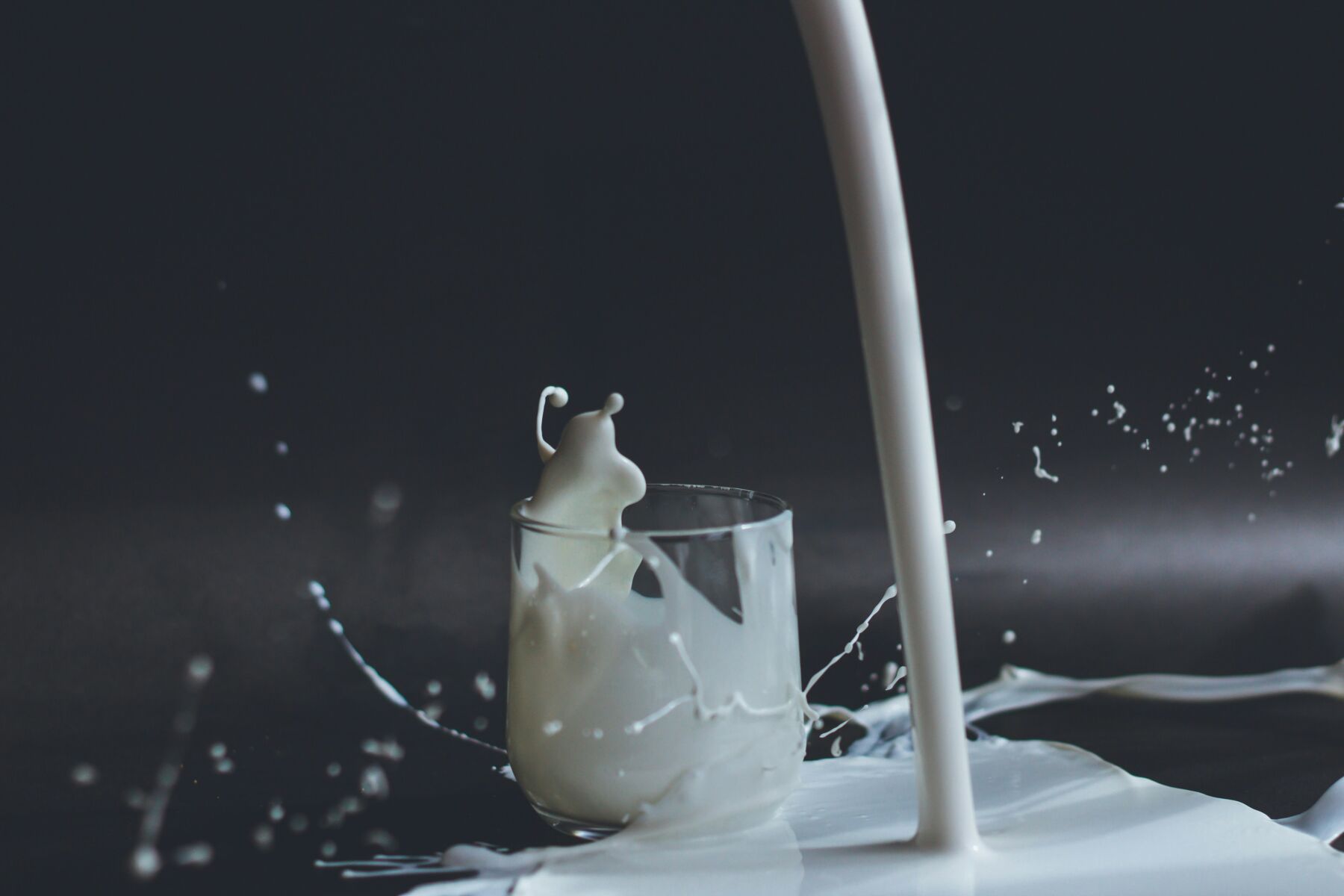Chinese couple’s liver cancer linked to expired milk drinking

A retired couple from Guangdong province, China, were both diagnosed with liver cancer despite consuming a healthy diet and drinking a glass of milk daily. Health experts identify common dietary mistakes that many people make, thinking they are safe.
The couple, devoted to maintaining their health post-retirement, included a daily glass of milk and nutritious foods in their routine. However, their health began to deteriorate as they experienced increased fatigue, insomnia, and loss of appetite.
Feeling alarmed, they sought medical advice and were shocked to be diagnosed with liver cancer. This diagnosis came as a significant blow, given their commitment to healthy living. The couple frequently purchased near-expiry food items, including milk, from supermarkets.
They bought such large quantities that they couldn’t consume them promptly. When the milk expired, they believed heating it before drinking would make it safe.
Dr Zhao Hao, an ICU physician at Zhujiang Hospital in Guangdong, explained that milk’s high protein content makes it a breeding ground for bacteria and fungi. Consuming spoilt milk can lead to digestive issues like nausea, vomiting, and diarrhoea, especially in older adults who are more susceptible to these problems.
Besides their dietary habits, the couple also had a family history of liver cancer. Dr Wang Zaiguo from the Guangdong Anti-Cancer Association noted that while liver cancer isn’t directly hereditary, having a family history increases one’s risk. This combination of dietary errors and genetic predisposition likely contributed to their liver cancer diagnosis.
Milk consumption
Concerns about whether milk consumption increases liver cancer risk arose. However, there is no conclusive evidence to support this claim.
A joint study by Peking University, the Chinese Academy of Sciences, and Oxford University involving over 510,000 participants examined the relationship between milk consumption and cancer risk. Participants were divided into three groups: those who drank milk at least weekly, those who drank it monthly, and those who rarely or never drank milk.
The study found that frequent milk consumers had a significantly higher risk of liver and breast cancer, with a 12% and 17% increased risk, respectively, for every additional 50 grammes consumed daily. However, scientists emphasised that these findings do not establish a causal link, and avoiding milk out of fear of cancer is misguided, as milk remains a vital source of protein, vitamins, and other nutrients, reported Sanook.
Dr Yu Youming, head of the gastroenterology department at a traditional Chinese medicine hospital, highlighted individuals who should avoid milk:
- People with gastrointestinal diseases, such as peptic ulcers, should avoid milk as it can stimulate acid secretion, worsening their condition.
- Lactose-intolerant individuals cannot metabolise and digest lactose properly, leading to symptoms like bloating and diarrhoea.
- Those who have recently undergone abdominal surgery should avoid milk, as their digestive systems are still recovering, and milk’s high molecular protein can cause severe bloating.
When drinking milk, certain precautions should be taken:
- Avoid drinking milk on an empty stomach; pair it with solid foods to prevent diarrhoea and other adverse reactions.
- Drink milk at room temperature or warm it gently by placing the glass in hot water. Heating milk above 70°C can destroy its proteins and vitamins, and frozen milk loses protein and fat structure, making nutrient absorption less effective.
- Avoid consuming non-dairy milk substitutes like grain or walnut milk, which have lower nutritional value and contain many additives.
- Adults should limit milk intake to 300 to 500 millilitres per day to avoid mineral absorption issues that can harm health.
- Do not drink unpasteurised milk directly from the source, as it may contain harmful bacteria.
Latest Thailand News
Follow The Thaiger on Google News:


























